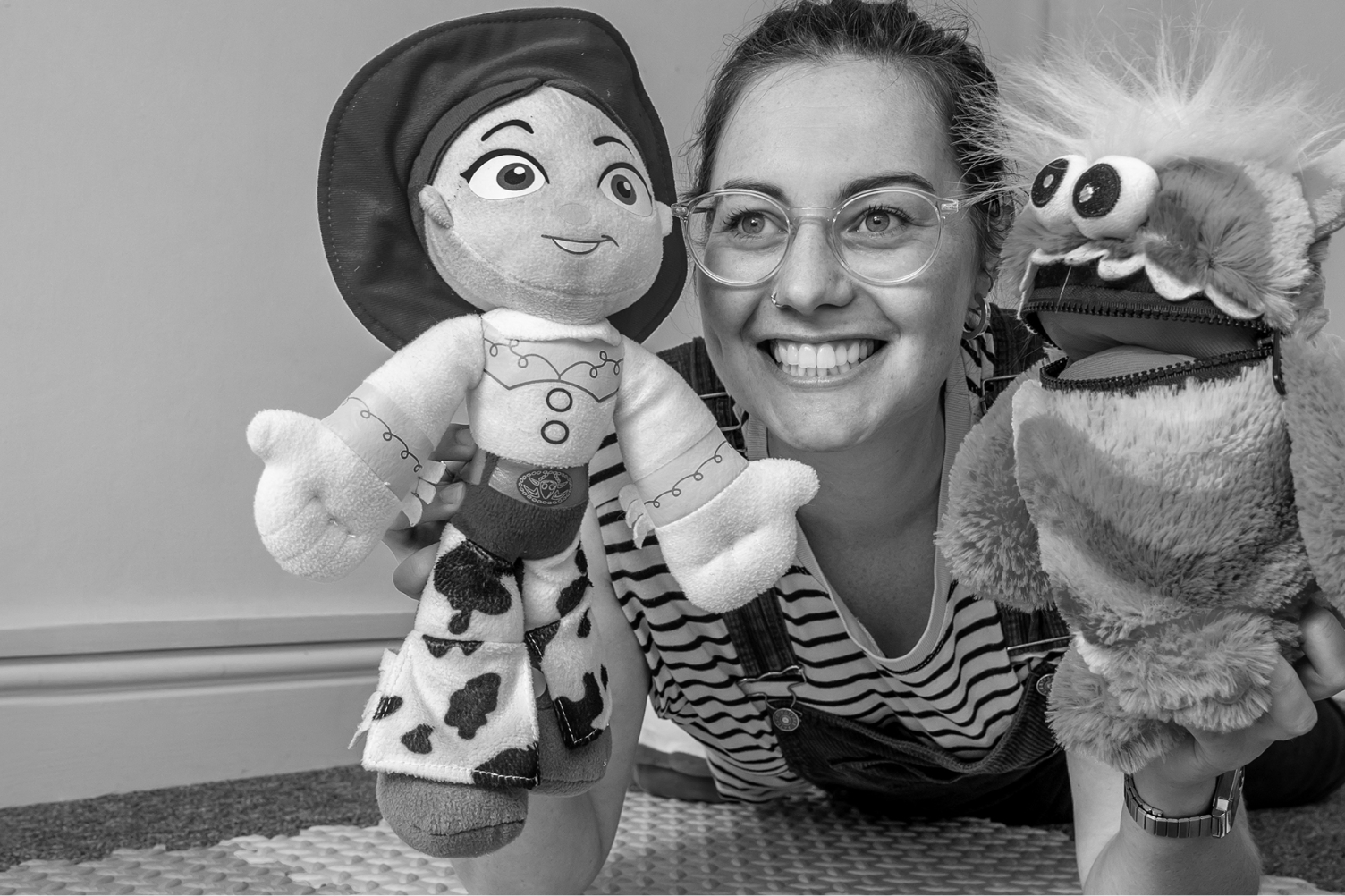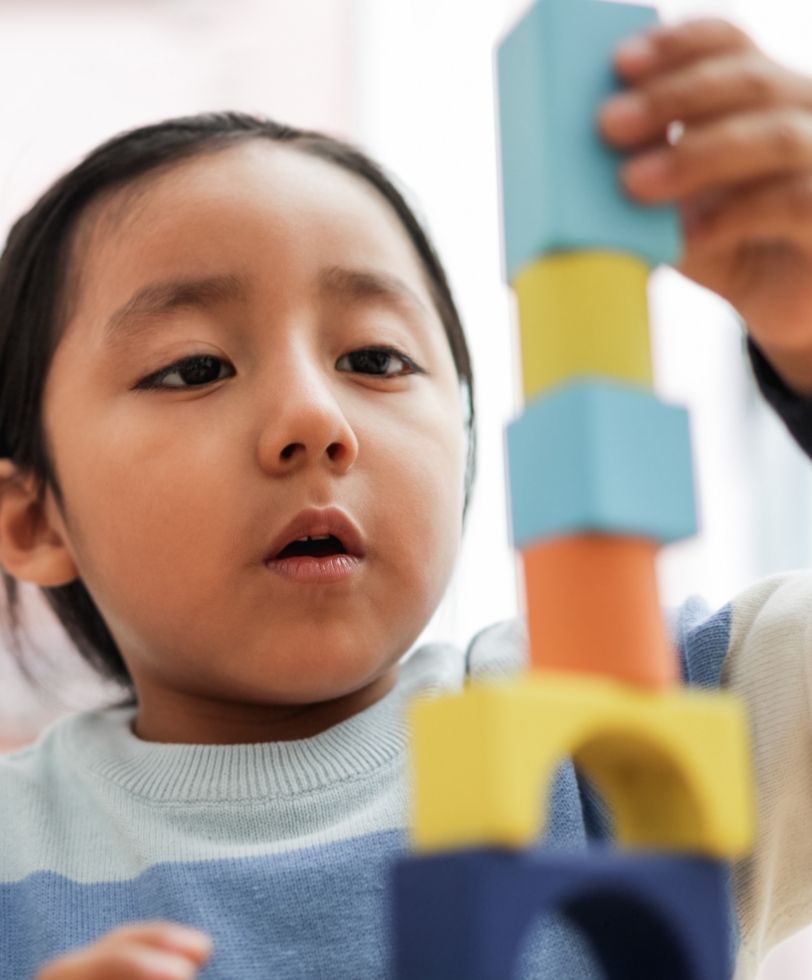Play therapy
Allowing children to express themselves in their own form of communication, play.

Using play as the main form of communication, play therapy supports children express their feelings and help tackle emotional and behavioural difficulties.
These sorts of issues may be presented to adults as sadness, trouble sleeping, disruptive behaviour, inability to cope with decisions or boundaries and relationship and communication worries.
Play is an important part of emotional, physical, cognitive, creative and language development. Some children that come to play therapy have had disrupted early years, traumatic events or muddled feelings that they are unable to talk about using words. Using play allows the child to express these worries and memories in their own form of communication at their own pace. Sometimes children play out difficult experiences that they have encountered and being in a room with an experienced play therapist gives them the safety and security of these events being taken as their truth, in the knowledge that remembering these events will not upset anyone by being played out.
The play therapist will listen carefully to your families concerns and things that you have been through in order to help your child make sense of things and this reduces their anxiety, raises their self-esteem and can improve concerning behaviours and relationships.

